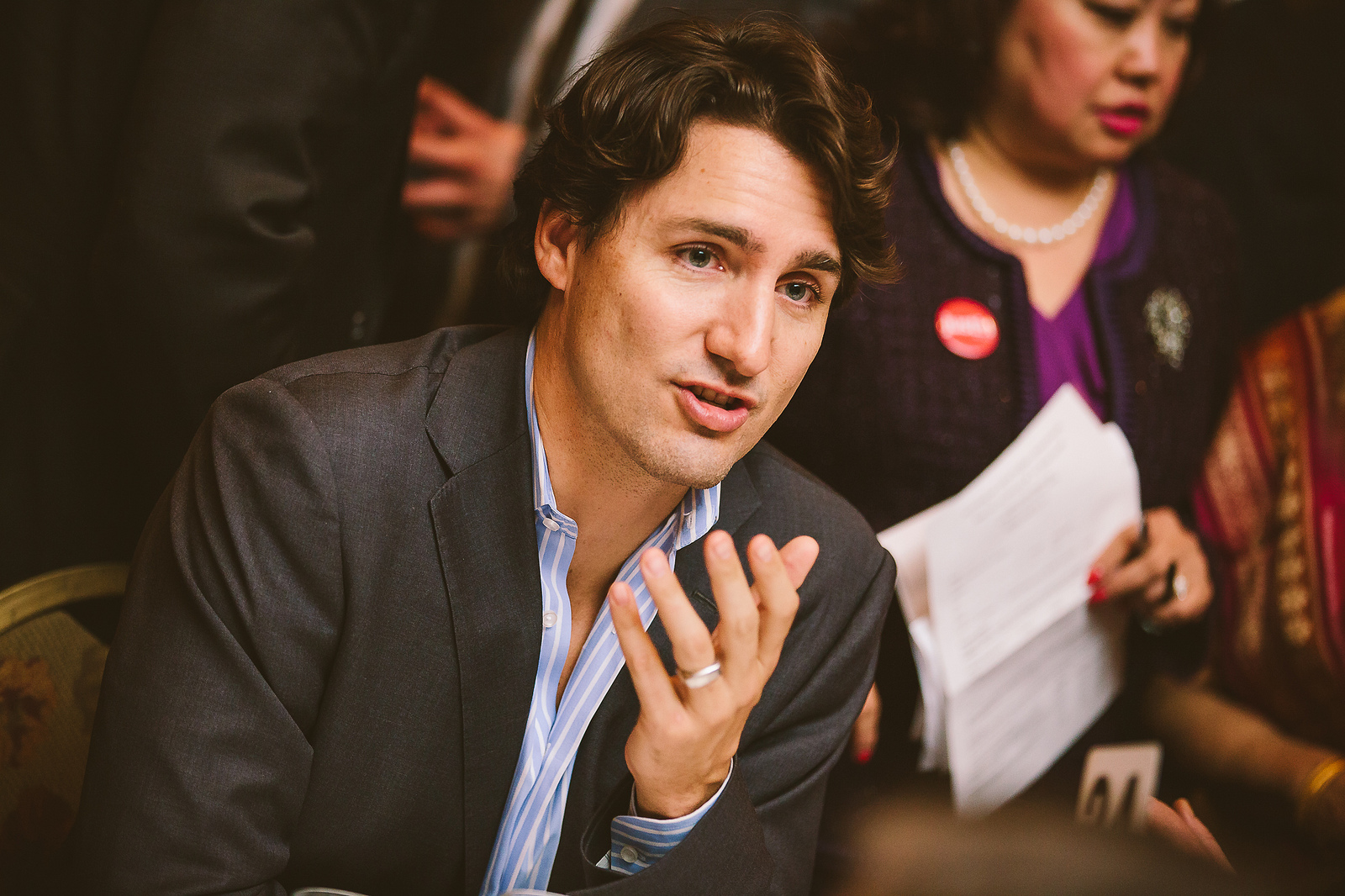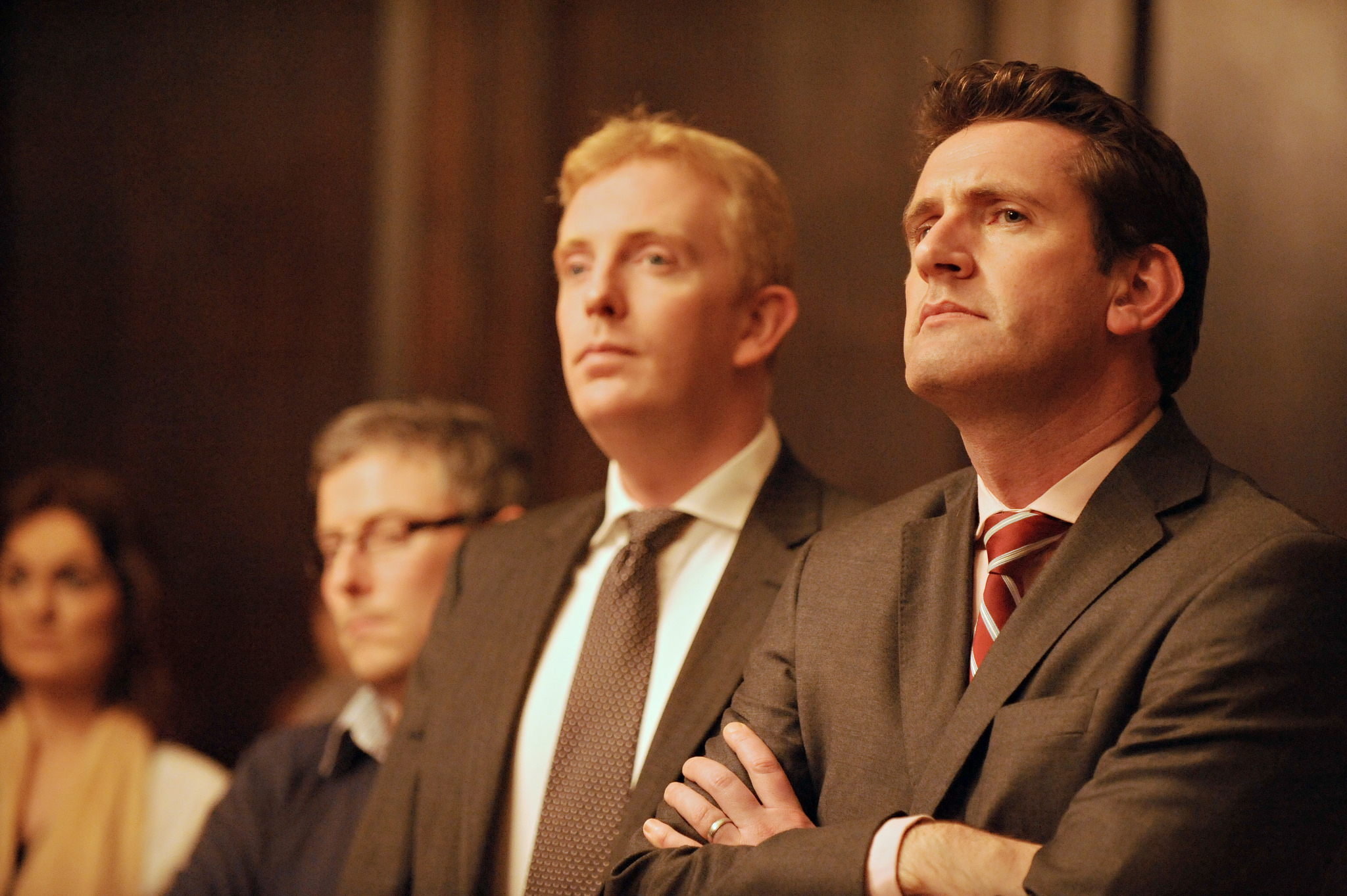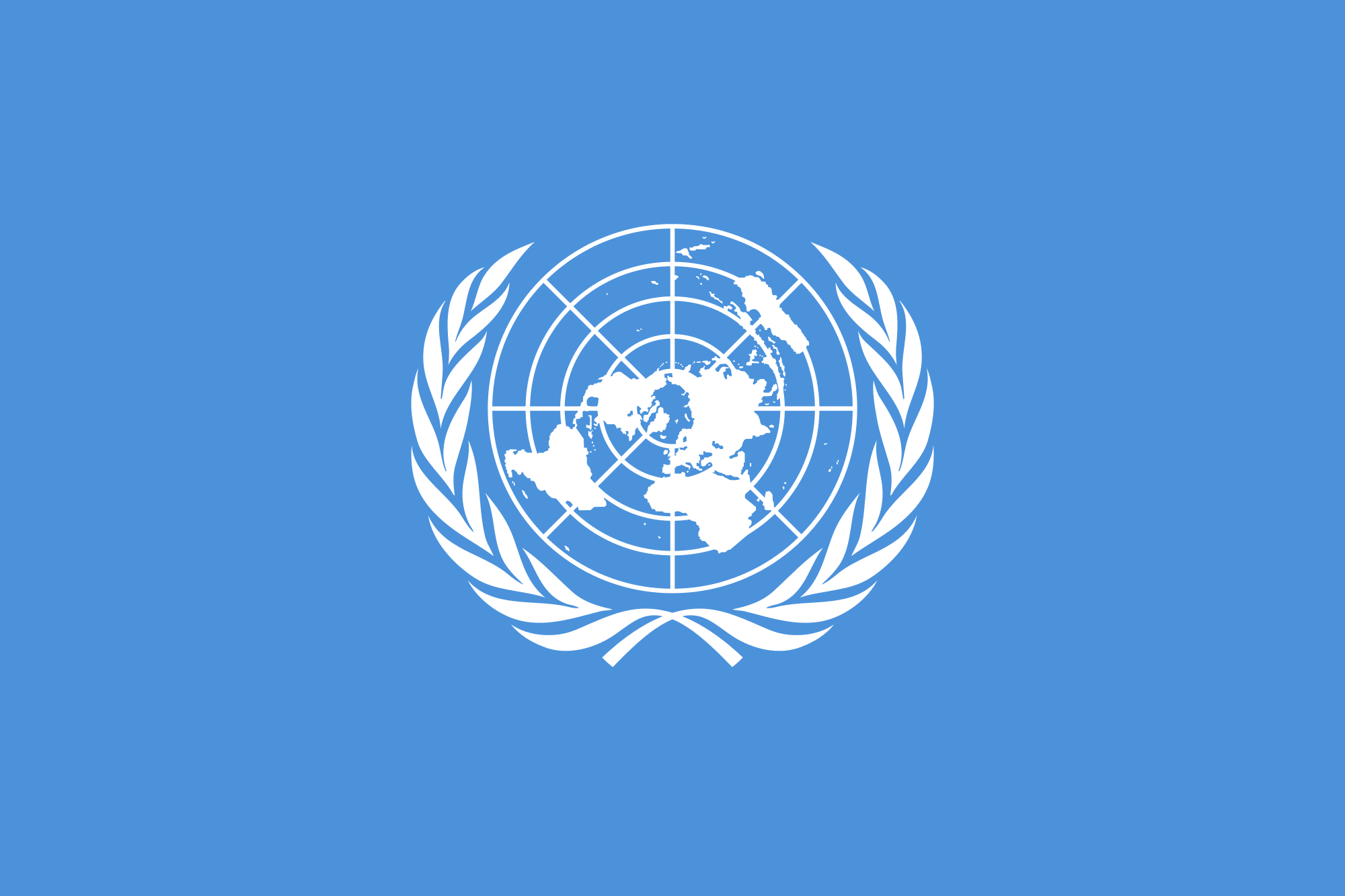2015 has been another stunning year for drug law reform around the globe.
In all the years I’ve been working in the field I’ve never seen anything like it, and it’s been a privilege to be part of.
The growing momentum behind cannabis reform may have been the most obvious development – but real movement in the high level debate, in regional and UN forums, has perhaps been the most significant. Reform has come on a grand scale in Canada, and from surprising quarters, such as Ireland. Victories have been won at the ballot box in Canada, and in the Supreme Court in Mexico. Even in the UK – a country that can at times feel like its caught in retro drug war time-warp –there has been some real on the ground progress, despite some setbacks.
Here’s a few of the highlights from my perspective as a policy analyst and advocate;
First, in the UK; an often depressing picture, but with some cause for optimism.
The Tory’s majority win in the election was, undoubtedly, a blow for drug law reform in the UK. The Lib Dem’s had been a positive and increasingly proactive voice in Government for a more pragmatic public health led approach to drugs, only to find themselves decimated in the general election. The Lib Dem reform position on drugs was, however, one of the few issues they have polled well on – and it’s been welcome to see that they have not only decided to adopt a much clearer position on cannabis legalisation and regulation, but have asked Transform to lead the development of the new policy proposals.
There is a clear sense of division on the drugs issue within the Tory party – between the more pragmatic libertarian right in favour of reform (crucially including Cameron, Osborne and Johnson), and the more ideological old school moral authoritarians in the party, unfortunately including the Home Secretary Teresa May who is in charge of the drugs brief. Whilst Labour turmoil means they have yet to develop any clear new opposition position on drugs – the potential for more substantive change seems distant; the Government have other priorities. But if experiences around the world show anything, it is how quickly the situation can change.
Public opinion still has impact – and it is only moving in one direction right now.
Despite the seeming entrenchment around a drug war status quo, the Government have been planting the seeds of change through their cuts in police spending. Faced with increasingly pressure on resources, many forces have relaxed their attitudes to drugs – knowing that drug enforcement is mostly pointless anyway, and more often than not, actively counterproductive. Arrests have fallen in the last few years for both supply and possession offences – but perhaps most strikingly this year three police forces, Durham, Derbyshire and Dorset, effectively announced de-facto decriminalisation of cannabis possession. They just weren’t going to bust people for personal possession anymore, and we also not fussed about people growing for personal use either. Changes in policing practice often presage changes in the law – and these public declarations on cannabis policy – from those tasked to enforce the law – were perhaps the most visible cracks in the edifice this year.
But there have been setback too – the ridiculous Psychoactive Substance Bill – an unenforceable prohibitionist blunderbuss that seeks to ban everything that might even conceivably get you high – has been pushed almost all the way into law. But even, depressing as it may seem, in its drug war embarkment stupidity – there are a few chinks of light. One, is that almost every credible voice has been intensely critical – from the Home Affairs Select committee to the ACMD, it has had almost zero support. But more interestingly perhaps, is the mostly unremarked detail that, unlike the Misuse of Drugs Act, the new law does not criminalise possession. The logic for this is of course sound (criminalisation is harmful and ineffective – as the Government’s own research this year revealed)– so sound that it then becomes untenable for there to be an inconsistency between say MDMA, which will get you a criminal record for possession, and an new MDMA mimic (covered by the new Bill) of comparable risk that won’t. Such absurd inconsistencies cannot stand the light of day forever.
Meanwhile in Ireland…
While The UK prevaricates, our neighbours in Ireland have – somewhat out of the blue – emerged as unlikely champions of pragmatic reform. Led almost singly by one determined minister in the form of Aodhán Ó Ríordáin, Ireland’s Government is now advocating Portugal style decriminalisation of people who use drugs, and supervised injection facilities. Frustratingly they appear almost certain to lose the next general election early in 2016 – so the decriminalisation plan is unlikely to make it into law, but approval for the injection facilities has already been granted and at least this important development will now happen. The positive response that Ó Ríordáin’s proposals have received from a generally socially conservative public has been striking – and will be something that cannot have escaped the notice of the opposition politicians in Ireland about to take up the reigns, or indeed the UK Government.
and in Canada…
Even more seismic change has been quietly unfolding in Canada where the liberal party under Justin Trudeau, won a thumping majority in this year’s General Election. Not only did they defeat the incumbent Conservatives – who had a dismal record as obstinate anti-science drug warriors – but they did it on a campaign platform of legalising and regulating cannabis. Canada is a G7 country, so this will have far greater impact on the international stage than either Uruguay or the 4 US states that have legalised (and who are technically still violating US Federal Law). Crucially it also shows the world that a sensible position on cannabis need not be an electoral liability – and can actually help you win.
 Justin Trudeau (Source: Flickr – John McCallum)
Justin Trudeau (Source: Flickr – John McCallum)
and Mexico….
To the South of the US, there was also momentous change happening, although via a very different route – showing that there are many routes by which reform can be achieved. A legal case (one I’m pleased to say that was led by the Transform/MUCD Latin America program team in Mexico), demanding the freedom of the individual to possess grow and share cannabis on constitutional grounds, finally reached the Mexican Supreme Court. This followed three years of patient strategic litigation through the lower courts – ultimately resulting in a majority victory in countries ultimate legal authority. Whilst the Supreme Court ruling ruling only gives permission to the four appellants to possess, grow and share between themselves – it sets a stunning precedent that looks likely to lead to far wider change in 2016, as a series of congressional hearings are launched to explore options for national legalisation.
and at the United Nations….
On the biggest stage of them all, there have also been seismic shifts. Taking place next year, from the 19th to the 21st of April, is the UN General Assembly Special Session (UNGASS) on Drugs in New York. The General Assembly is the highest policy making and representative organ of the United Nations, and its infrequent Special Sessions focus on key topic areas at the request of member states. The UNGASS on drugs has the potential to be a groundbreaking, open debate about the international drug control system, not least because it was requested by three Latin American states – Mexico, Guatemala, and Colombia – who expressed a clear desire to review the failings of the war on drugs and consider alternative approaches, specifically including legalisation and regulation.
It’s important to remember that the war on drugs is held in place by member states’ support for the global prohibitionist drug control infrastructure, overseen by the three UN drug treaties and UN drug agencies. For change to happen internationally, it has to be led by member states in these forums. But there is much work to be done to ensure that the UNGASS fulfils that potential – and moves the high-level debate forward.
A significant positive outcome has already emerged from the UNGASS in the form of much more direct engagement in key drug policy issues from a range of UN agencies – beyond the prohibitionist silo of the UN Office on Drugs and Crime (UNODC). Civil society organisations have, for years, been attempting to highlight the negative impacts of the international drug control system on issues relating to the core UN pillars of human rights, development, and peace and security. But these are not thematic areas that have been routinely evaluated or reported on in any consistent or in-depth way by the key UN drug control bodies – the UNODC, the International Narcotics Control Board (INCB) or the Commission on Narcotic Drugs (CND). You will not, for example, find chapters on the human rights or development implications of drug enforcement in the UNODC’s flagship annual ‘World Drug Report’.
But the invited submissions to the UNGASS process from the wider family of UN agencies, representing a much more diverse body of thematic expertise, have not held back in tackling what has previously been off limits in the high-level UN drug debate. Stand out contributions include those from the UN Development Program, UN Women, the Office of the High Commissioner on Human Rights, and UNAIDs. Not only have these provided a withering critique of the war on drugs but they have also all specifically called for decriminalisation of people who use drugs – amongst many other sensible recommendations. There was also a brilliant paper on decriminalisation from the UNODC (the very UN agency tasked with overseeing global prohibition) – which was withdrawn under pressure from unnamed member states at the 11th hour, but which had luckily been widely circulated already.
The stage is set for an even more momentous year in 2016.
Change may remain sluggish in the UK but reform continues apace – particularly across the Americas. California looks set to legalise cannabis in November along with several more US states – perhaps finally forcing the issue at the Federal, and UN level. And there will be the big drama of the UNGASS in April – where the clash between the reformers and old school defenders of the failed status quo will reveal to the world how the consensus behind global prohibition is decisively broken. Reform will be patchy, messy and often frustratingly slow but it is real, and the momentum is unstoppable.
Steve Rolles is the Senior Policy Analyst at Transform, the British based think tank providing world class research to the global drug policy debate. Steve authored the briefing paper, ‘The War on Drugs: Harming, not protecting, young people’.


